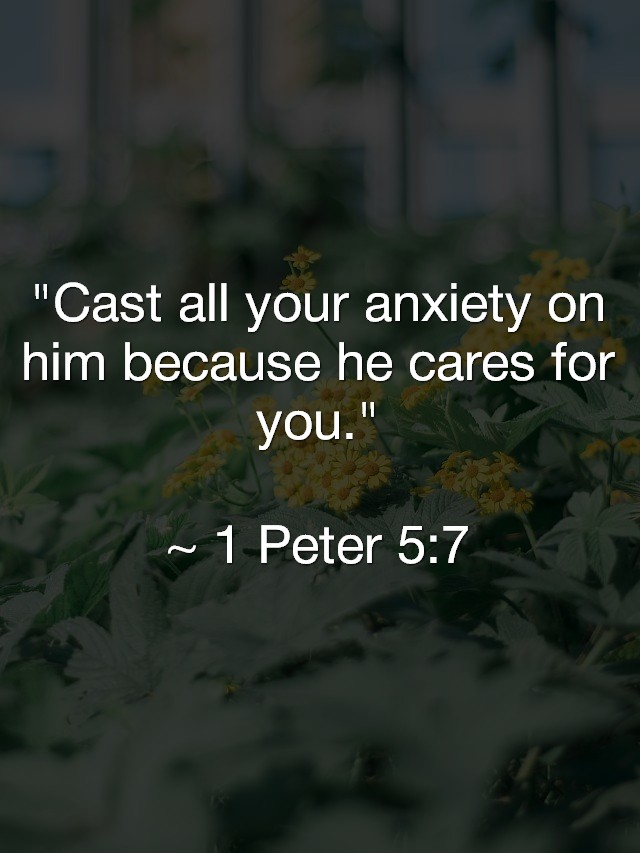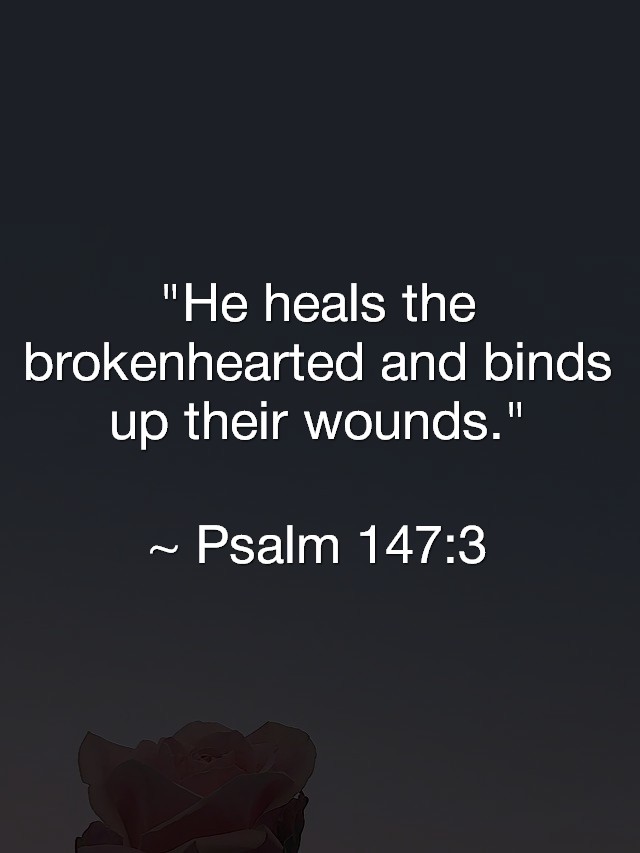Navigating relationships can be challenging, especially when addiction and recovery are involved. Your story reflects a deep care and understanding for someone who is on a journey of recovery, and it highlights the complexities of balancing personal desires with the needs of a loved one. As a Christian, you are called to love and forgive, but also to protect your own well-being. This article aims to provide guidance on how to maintain a healthy friendship with someone in recovery while honoring your own emotional needs.
Forgiveness is a central tenet of Christian faith. It is not merely about feeling good or forgetting the past but involves a conscious decision to release resentment and wish the best for the other person. According to , forgiveness is about wanting what is best for the person who wronged you, even if it means holding them accountable and maintaining boundaries. This means you can forgive your friend for his past behavior while still respecting his need for space and time to heal.
The Role of Forgiveness in Deepening Relationships
Forgiveness can deepen relationships by fostering trust and understanding. As noted in , admitting wrongs and seeking forgiveness can build stronger bonds. Your friend’s apology and your willingness to forgive are steps toward a healthier relationship. However, it is crucial to recognize that forgiveness does not mean you must resume the same level of intimacy or interaction immediately.
Respecting Boundaries in Recovery
Your friend’s commitment to no romance for a year is a wise decision for his recovery. Addiction recovery is a delicate process that requires focus and stability. According to , acknowledging one’s weakness and relying on God’s strength is essential for overcoming addiction. By respecting his boundaries, you are supporting his journey and demonstrating true Christian love, which seeks the best for others.
Managing Your Own Needs
It is natural to feel lonely and miss the connection you had with your friend. However, it is important to balance your emotional needs with the reality of his situation. As suggests, finding comfort in the body of Christ and seeking companionship within your faith community can help alleviate loneliness. Engaging in church activities, joining support groups, or finding a spiritual mentor can provide the emotional support you need during this time.
The Power of Prayer and Faith
Prayer is a powerful tool for guidance and comfort. As highlights, prayer provides a direct connection to God, offering strength and solace during challenging times. Praying for your friend’s recovery and for your own emotional well-being can help you navigate this period with grace and patience.
Moving Forward
While your heart may not be ready to date again, it is important to remain open to new possibilities. Trust that God has a plan for you and that He will provide the companionship you seek in His perfect timing. In the meantime, focus on your personal growth, deepen your relationship with God, and continue to support your friend from a respectful distance.
Your story is a testament to the power of love, forgiveness, and faith. By respecting your friend’s boundaries, seeking support within your faith community, and relying on prayer, you can navigate this challenging time with grace. Remember that true love seeks the best for others, and sometimes that means giving them the space they need to heal. Trust in God’s plan for both of you, and remain open to the blessings He has in store.



